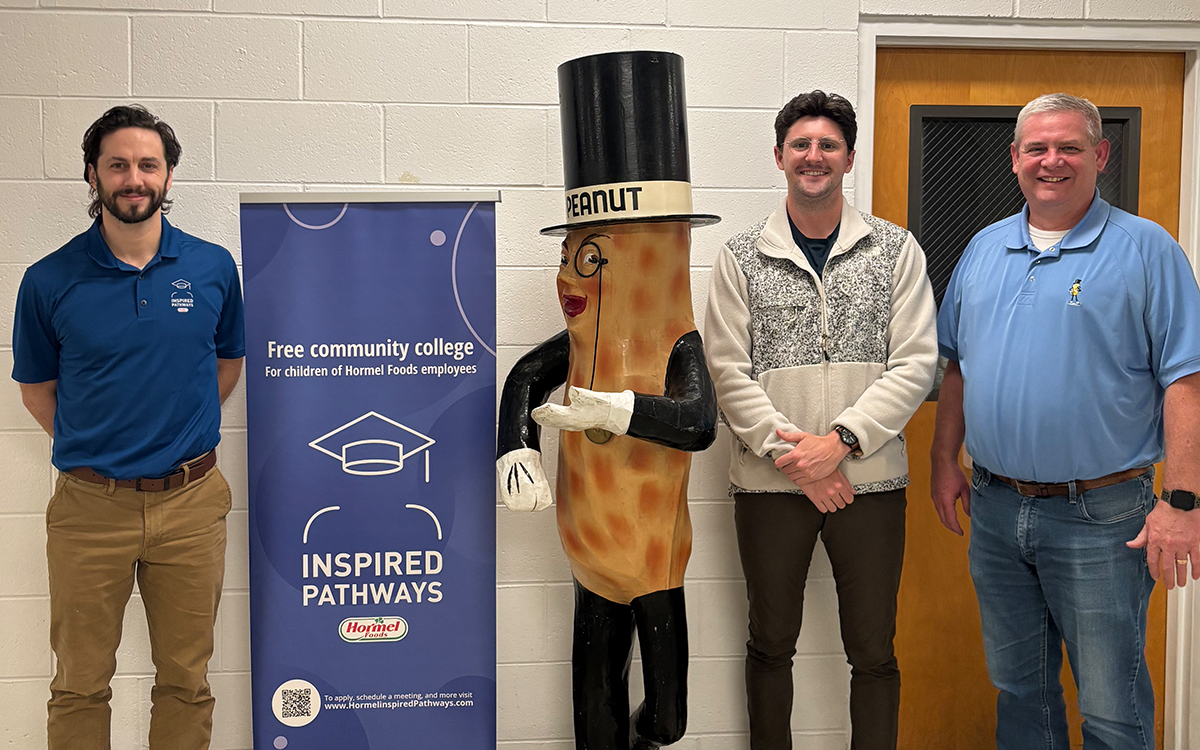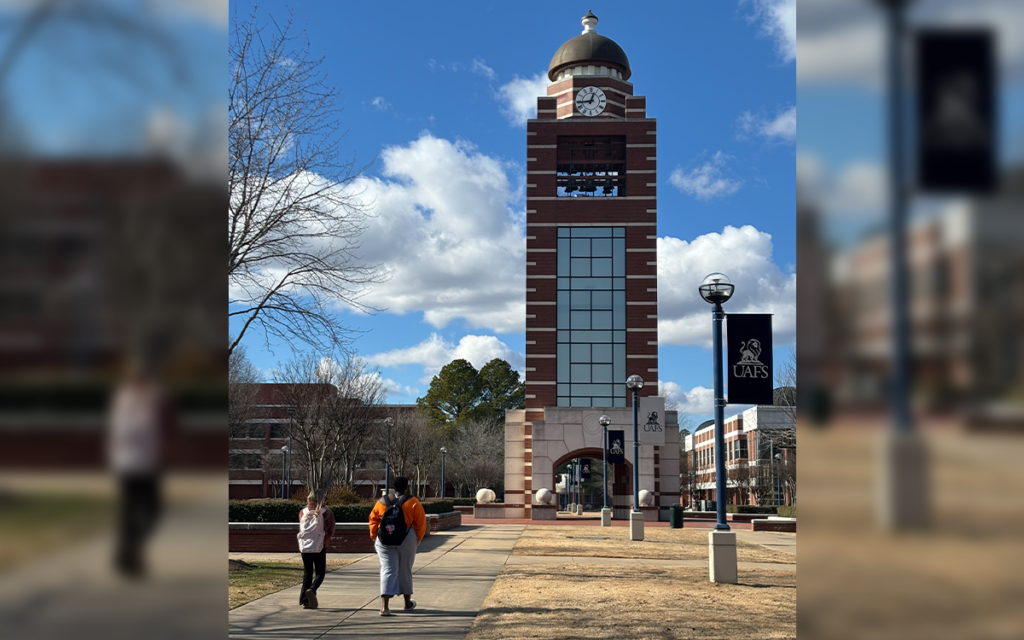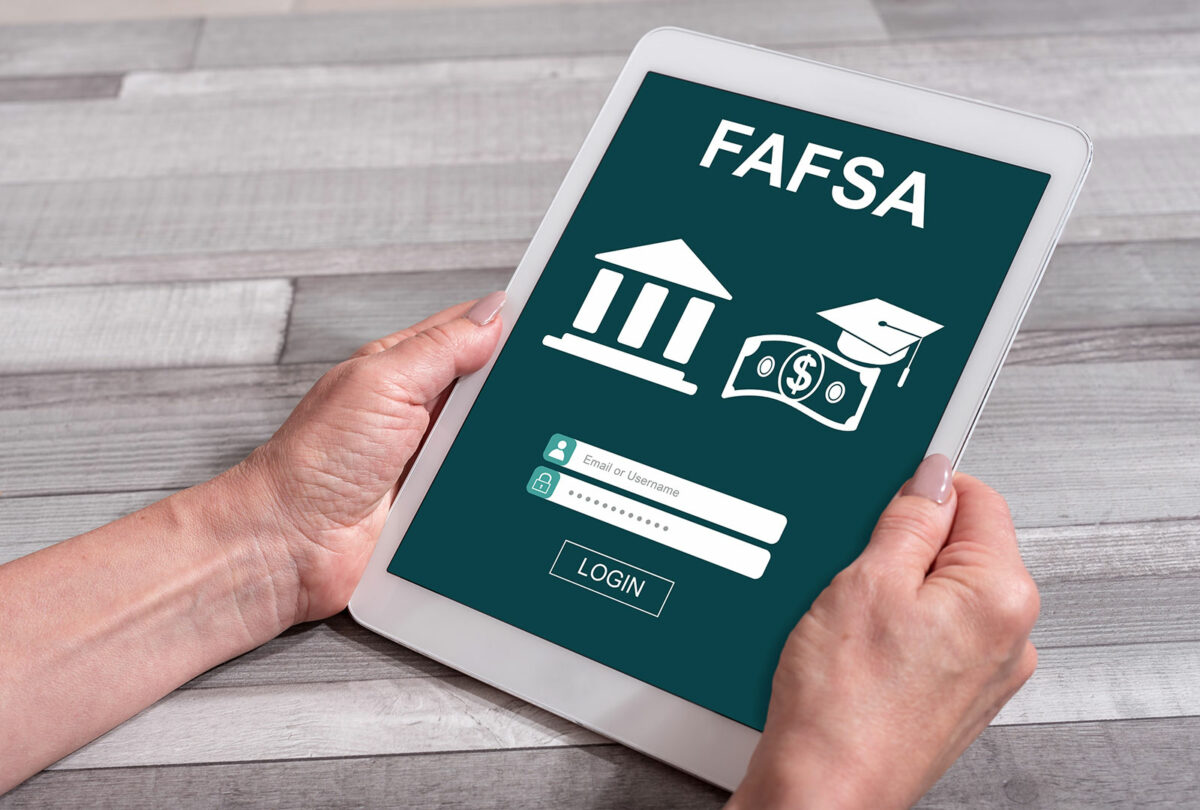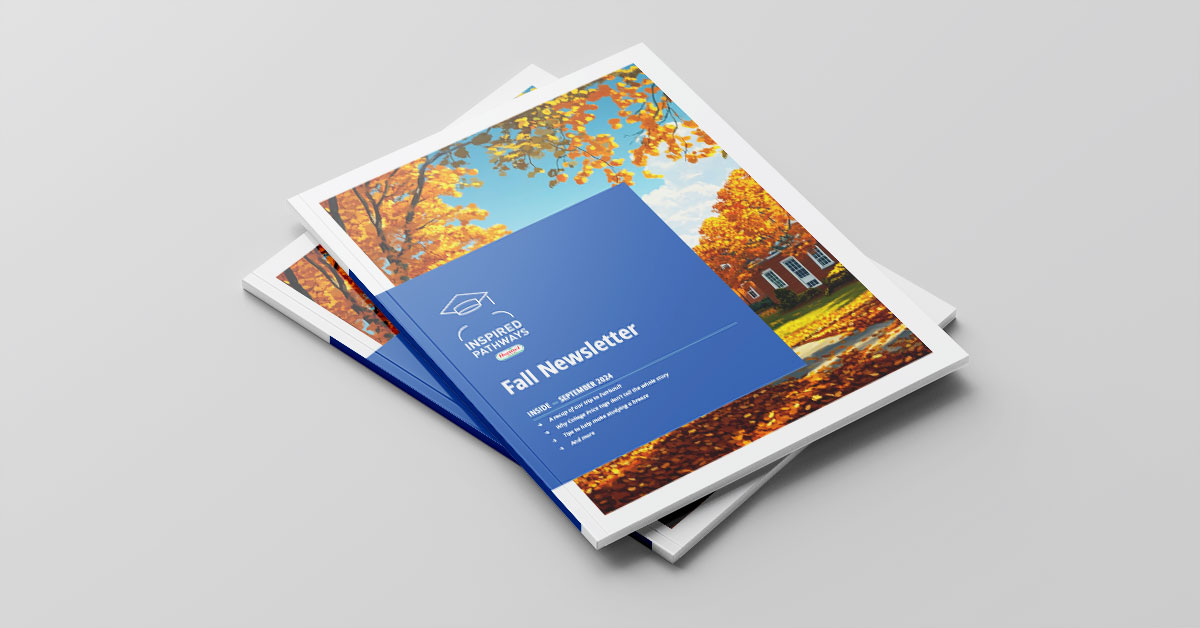It’s important to recognize that you should build a college list BOTH when graduating from HS and when transferring from community college to a four-year college. Below is a guide to building a college list that suits your goals and aspirations.
1. Assess Academic Fit
Before anything else, prioritize academics. Determine whether the prospective colleges offer the major you’re interested in. It’s equally important to categorize potential schools based on admission likelihood into Reach, Target and Safety categories.
- Reach Schools (<25% chance of admission): These challenging schools include your dream institutions or those known for their stellar financial aid. While they’re ambitious, it’s wise to apply to two-three to see if you get lucky.
- Target Schools (40-60% chance of admission): These institutions align well with your academic credentials and are the best fit for your goals. Applying to four-six target schools gives you a balanced chance of acceptance without overextending.
- Safety Schools (>75% chance of admission): These are schools where you are very likely to be admitted. Choose at least three that you would be happy to attend, as they often also present scholarship opportunities.
2. Explore Different College Types
Understanding the variety of college experiences available can help narrow your list to those that match your preferences and needs.
- Community Colleges: A guaranteed safety school, community colleges are an excellent cost-effective option that can also provide a pathway to further education. You can use these to start your college career or earn your entire degree, depending on your goals.
- Liberal Arts Colleges: Known for their small class sizes and close-knit communities, these colleges focus on a broad-based education. They excel in readying students for advanced studies (like master’s, law, and doctorate degrees) and fostering one-on-one faculty relationships.
- Research Universities: These colleges have lots of options in terms of majors and research opportunities. While they offer vast resources, the environment may be more impersonal due to the larger student population, and for some it can be difficult to build connections with professors due to the large class sizes and competition.
- Public vs. Private: Consider whether a public or private institution aligns better with your financial situation and academic needs. Public colleges often present lower initial price tag rates for in-state students, while private colleges might offer more in terms of personalized attention and financial aid packages and scholarships. They also can differ greatly in terms of culture, which we’ll discuss in bullet 4.
3. Evaluate Financial Fit
Financial considerations are pivotal in the college selection process. Calculate the potential costs of attendance against your budget and available financial aid. Use the Net Price Calculator to determine how much a college will cost. EVERY college is required to have one. The easiest way to find them is to Google the name of the college and the words Net Price Calculator.
*If you expect to receive financial aid from a school, you should be sure to look at the Full-Need Met colleges, this is a list of about 100 colleges with the best financial aid programs in the country. If you have questions about how to find them, ask an Inspired Pathways advisor.*
4. Consider Geographical and Cultural Fit
Think about where you’d like to study. Proximity to home, climate, cultural environment and campus diversity should all play roles in your decision-making. Attending a college in a region where you feel comfortable can greatly enhance your educational experience. This can also be one of the biggest differences between private and public. Public colleges are often representative of the places where they are located, whereas private colleges have a large variety of niche cultures that can differ greatly from one to the next.
5. Visit and Engage
Whenever possible, visit campuses to get a feel for the environment. Attend virtual tours or reach out to current students or alumni to gain insight into the school’s culture and community. With schools like those on the Full-Need Met list, visiting can sometimes even help you get admitted, because it shows that you’re interested in the college
6. Set Up a List Assessment Meeting!
Once you’ve created your list, set up a meeting with an Inspired Pathways advisor. They will review it to make sure that the colleges fit your academic goals, and will help you find additional colleges that may also be a fit. Additionally, they can help you identify private colleges with robust financial aid programs that may end up being much less expensive than local public colleges.
Conclusion
Building a college list is a strategic process that encompasses academic, financial and personal preferences. By exploring a diverse range of options and aligning them with your overall goals, you’ll set the foundation for a promising college experience.













